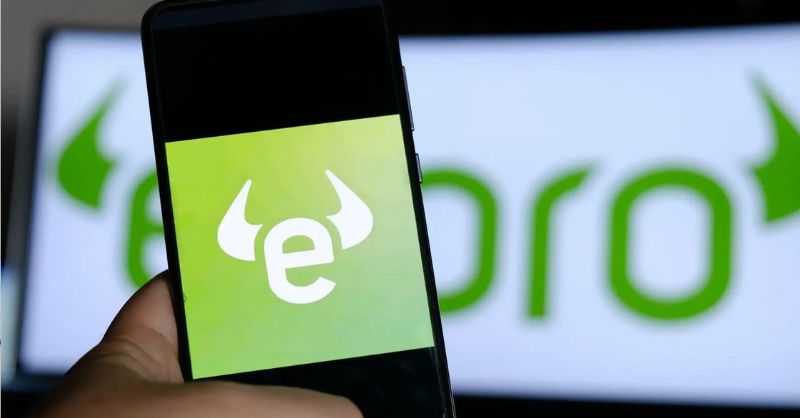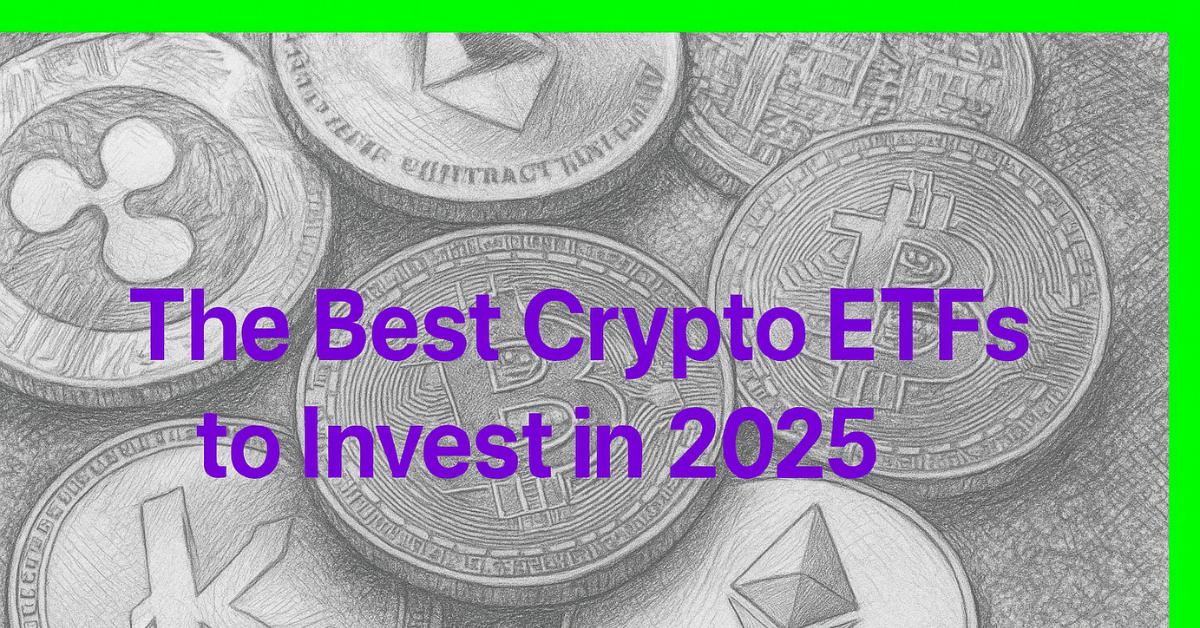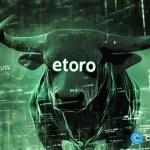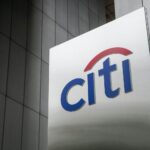eToro IPO valuation aims high as crypto pioneer targets $4B debut

eToro IPO valuation efforts are gathering pace as thetrading platformbegins its long-anticipated U.S. roadshow, aiming for a listing that could value the company at up to $4B. The Israel-basedfintech, known for its early entry intocryptocurrencytrading, has filed an updated prospectus with the SEC as it seeks to attract public market investors.
For millions of retail traders, the ability to buy both stocks and crypto assets in one place transformed their investment journeys. Many discovered Bitcoin on eToro before ever opening a traditional brokerage account. This seamless access, coupled with the platform’s user-friendly interface, has helped eToro grow into a global name at the intersection of fintech and digital assets. With its IPO now moving forward, investors are closely watching whether this pioneering crypto ethos can win over Wall Street.
Founded in Tel Aviv, eToro plans to list on the Nasdaq Global Select Market and is offering 10 million Class A shares at a price range of $46 to $50. This would raise as much as $500M, not including an additional 1.5 million shares reserved for over-allotments. If fully exercised, the deal could push the eToroIPOvaluation to $4.12B.
At the heart of eToro’s pitch is its longstanding commitment to digital assets. In the IPO filing, co-founder and CEOYoni Assiastated, “From its earliest days, eToro has been a pioneer in the crypto space. This has in part been driven by my own early adoption of and personal belief in bitcoin and the transformative potential of blockchain technology.”
Crypto trading now accounts for 37% of eToro’s commission revenue, ahead of equities (43%), currencies (4%) and commodities (16%). The company’s crypto revenue reached $12.15B in 2024, up from $3.4B in 2023, helping push net income to $192.4M-up from just $15.3M the year before.
Yoni Assia founded eToro in 2007 alongside his brother Ronen Assia and software engineer David Ring. Yoni, who holds a master’s degree in computer science and economics, envisioned a financial trading network that would be accessible, social, and global. The trio launched eToro as a platform that blended traditional finance with modern technology, long before fintech became a buzzword.
What makes the founding story notable is Yoni’s early conviction in Bitcoin, which led eToro to integrate crypto assets as early as 2013. The founders, all born and raised in Israel, met while working on algorithmic trading systems. Their collaboration gave rise to a platform that has grown to serve over 30 million registered users worldwide. The leadership team today remains closely tied to its founding vision, with a strong emphasis on transparency, inclusivity, and regulatory cooperation.
Although eToro had originally filed to go public in March, it postponed its IPO roadshow in April due to global market turbulence triggered by a wave of tariffs announced by the Trump administration. With the Nasdaq and Bitcoin both rising over 13% since then, eToro has now resumed its push to go public, signalling confidence in broader market sentiment.
Underwriters for the eToro IPO valuation include several high-profile names-Goldman Sachs, UBS, Jefferies, Bank of America, Citigroup, Cantor Fitzgerald, and Deutsche Bank. These institutions are betting that investor interest in crypto exposure through regulated platforms remains strong.
Following the listing, eToro plans to continue expanding its global footprint, investing in new product features, and deepening its regulatory partnerships. In the filing, Assia wrote, “While crypto’s infancy has been marked by volatility, its underlying principles of transparency, security, and inclusivity resonate deeply with eToro’s mission.”
The IPO prospectus does not shy away from risk factors, particularly the inherent unpredictability of crypto markets. Still, eToro’s leadership maintains that offering diverse assets-from equities to cryptocurrencies-is key to empowering investors. A spokesperson for the company added, “We remain a supporter of crypto and believe in the importance of offering our users access to a diversified range of asset classes. This means working closely with regulators globally to shape the future of the crypto industry and ensure it is safe and transparent.”
While eToro faces competition from platforms like Robinhood, Coinbase, and Binance, its hybrid model of stock and crypto trading sets it apart. The firm positions itself as both a fintech innovator and a financial institution committed to compliance.
As the eToro IPO valuation comes under scrutiny from institutional investors and public markets alike, one thing is clear-the company’s blend of fintech accessibility and early crypto adoption has positioned it uniquely at the intersection of innovation and regulation.

Published on Other News Site













